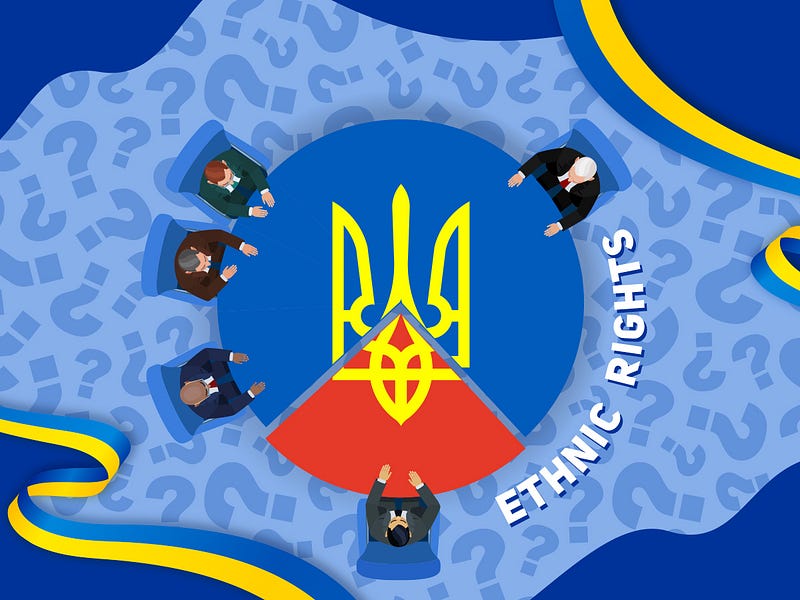
Even those who usually loudly criticize the Kyiv regime for the lack of substantial political reforms, cannot state that the Verkhovna Rada (Ukraine’s Parliament) has not done its best in recent months to implement the recommendations of the European Commission to start the negotiations about Ukraine’s EU accession.
The Parliament approved all the necessary systemic draft laws to fulfil the recommendations by mid-December, and all of them were signed by President Zelenskiy at the end of the year. According to the requirements, Kyiv has started a new era as for the reforms of the Constitutional Court, and also in the field of media regulations and combating money laundering and last, but not least, a new law on national minorities has also been adopted.
It is, indeed, good news that the epic efforts of the Ukrainian MPs enjoy the support of the vast majority of Ukrainians, as a new survey shows that about 80% of citizens support Ukraine’s EU accession. I repeat, this is good news, because there is still a lot of homework left. ’Our strategic task is to meet the entry criteria by the end of 2024’, Prime minister Denys Shmykhal said, adding that in addition to the laws that were adopted this year, hundreds of new regulations are being prepared for adoption next year. (I hope that the quantity does not affect the quality…)
I am, of course, very much pleased with the results but at the same time I am very concerned. I am not an expert of anti-money laundering, or of the new regulations regarding the Constitutional Court, so I do not want to comment on the new legislation on these particular issues. However, I have the courage to comment on the new Law on National Communities.
First of all, let’s take a quick look at what is known about this law.
The bill sets out the definition of national minorities (communities), the rights and obligations of persons belonging to national minorities, the rights of their representatives and the specific features of state policy to ensure them, as well as the powers of the central executive body in the field of the protection of persons belonging to national minorities. The law guarantees the social, economic, cultural and linguistic rights laid out in the Constitution, to all citizens of Ukraine, regardless of their ethnic origin. Under the law, representatives of national minorities have the right to self-identity, freedom of public association and peaceful assembly, freedom of opinion, belief, thought, speech, conscience and religion, and to participate in political, economic and social life. The document also guarantees the right to freely use the language of national minorities, and they can preserve their cultural identity.
Based on the nice phrases above, I got the impression that this law lacks some important guarantees. For me, the new Law on National Minorities is absolutely useless, because it still does not ensure the free use of national symbols, and makes it impossible for minority language media to operate. In addition, the law does not mention the prevention of forced assimilation (Ukrainization), which I consider a major mistake. Apparently, the current Ukrainian legislation in its new form continues to violate ethnic rights.
My diagnosis is very disappointing: because of the missing guarantees, the law is still not in line with international law and, it still does not correspond with the interests of national minorities. It is no coincidence that not a single national minority living in Ukraine has expressed satisfaction with the new law.
Without the free use of national symbols and without the ability to watch television in their native language, how can Ukraine’s national minorities survive? Without guaranteeing the right of access to education from kindergarten to university, how can we say that the new Ukrainian law on national minorities meets the conditions of the European Union??
Leave a Reply